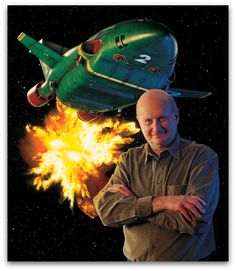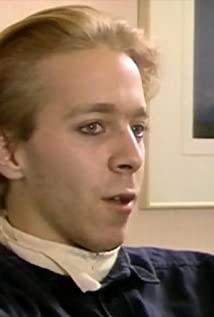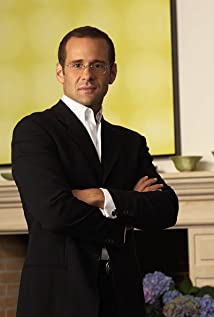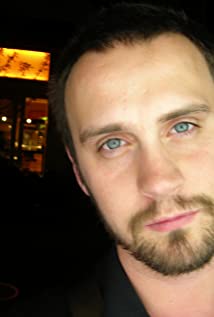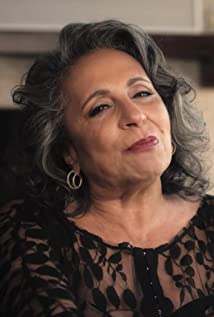During production of UFO, Gerry Anderson was approached directly by Harry Saltzman (at the time co-producer of the James Bond film series with Albert "Cubby" Broccoli), and was invited to write and produce the next film in the series, which was to be Moonraker. Collaborating with Tony Barwick to provide the characterisation, whilst he himself focused on the action sequences, Anderson wrote and delivered a treatment to Saltzman. Nothing ultimately came of it, and Broccoli and Saltzman proceeded to make Diamonds Are Forever (1971) and Live and Let Die (1973) and, after co-producing 1974's Bond film, The Man with the Golden Gun, the Saltzman-Broccoli partnership dissolved. Offered £20,000 for the treatment, Anderson refused, fearing that if he accepted he would not be at the helm when it was made; the next Bond film to be made was 1977's The Spy Who Loved Me. (This film used only the title of the actual Ian Fleming novel.) Anderson started legal proceedings against Broccoli for plagiarism of story elements but withdrew the action shortly after, nervous of the legal might lined up against him. He relinquished the treatment, and received £3,000 in compensation. A film version of Moonraker was eventually produced in 1979, but did not involve any of Anderson's material.







